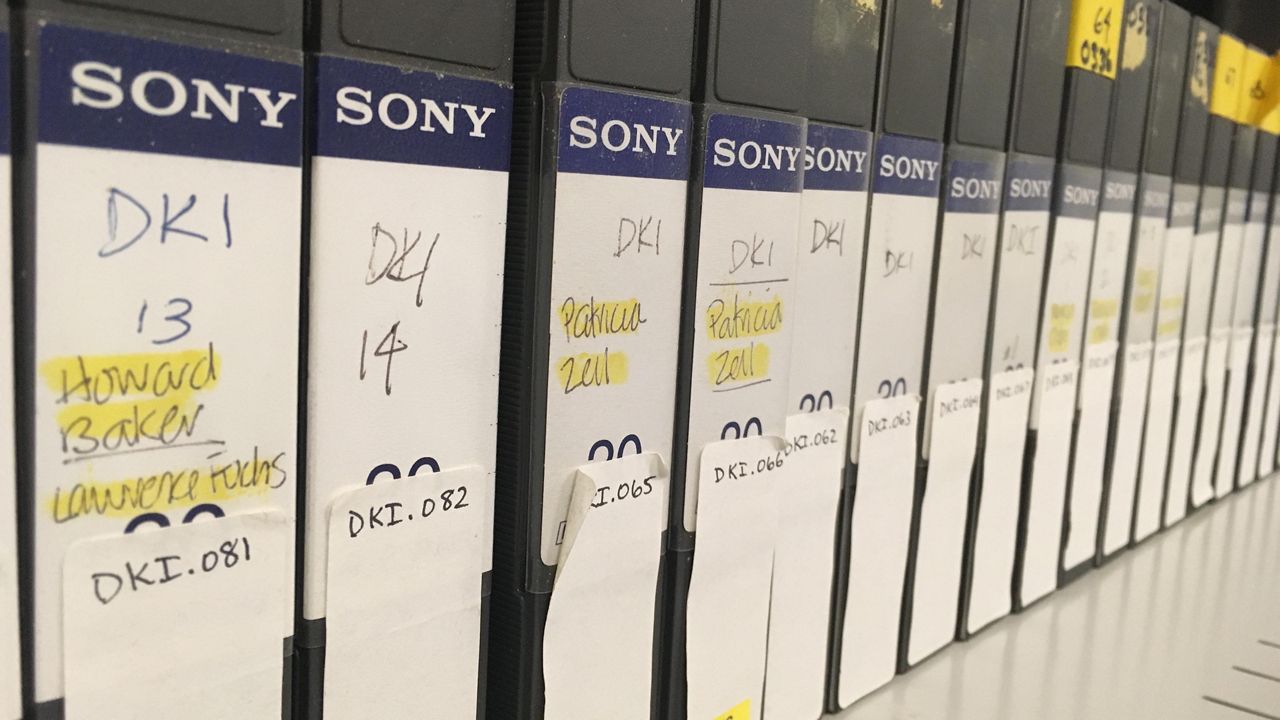The National Endowment for the Humanities has awarded a $350,000 grant to the University of West Oahu’s Uluulu: The Henry Kuualoha Moving Image Archive of Hawaii to support its project “20th Century Hawaii: Moving Images from Territory to Statehood.”
The funding is part of $33 million in NEH grants awarded to 245 humanities projects across the country. Projects include historic collections, exhibitions, documentaries, humanities infrastructure, scholarly research and curriculum projects.
“I am so honored that the NEH recognizes the historical significance of Uluulu’s moving image collections,” said project director and Uluulu head archivist Janel Quirante. “Their support will make it possible for us to digitize and describe hundreds of hours of footage which hasn’t been viewed in decades.”
“20th Century Hawaii” is a three-year project set to begin in Sept. 2022 and involves the digitization of 890 audiovisual assets spanning eight collections that document Hawaiian history and culture from the 1920s to 2000s.
Uluulu will digitize motion picture film reels and videotapes from its holdings to explore the “varying degrees of reactions and repercussions” for the Native Hawaiian and Japanese American populations in the march to statehood.
The project will preserve and make accessible the stories of the Nisei and Hawaiian struggles and achievements through the digitization of audio-visual recordings of oral histories, documentaries, festivals, conference and live performances.
The collections tabbed for digitization align with NEH's A More Perfect Union Initiative, in highlighting the stories of Hawaii’s citizens who witnessed and took part in the road to statehood and the consequences of admission into the union. It includes material from Juniroa Productions, 442nd Legacy Center, Katsugo Miho, Samuel P. King, Making Waves Films, Hawaiʻi People’s Fund, and Hawaiʻi Council for the Humanities.
Quirante continued, “I‘m looking forward to sharing this newly digitized footage with our students and researchers, as well as with the filmmakers who recorded the original reels, and with the family members of the people whose images, voices, and stories are captured on these videotapes and films.”
Michael Tsai covers local and state politics for Spectrum News Hawaii.



